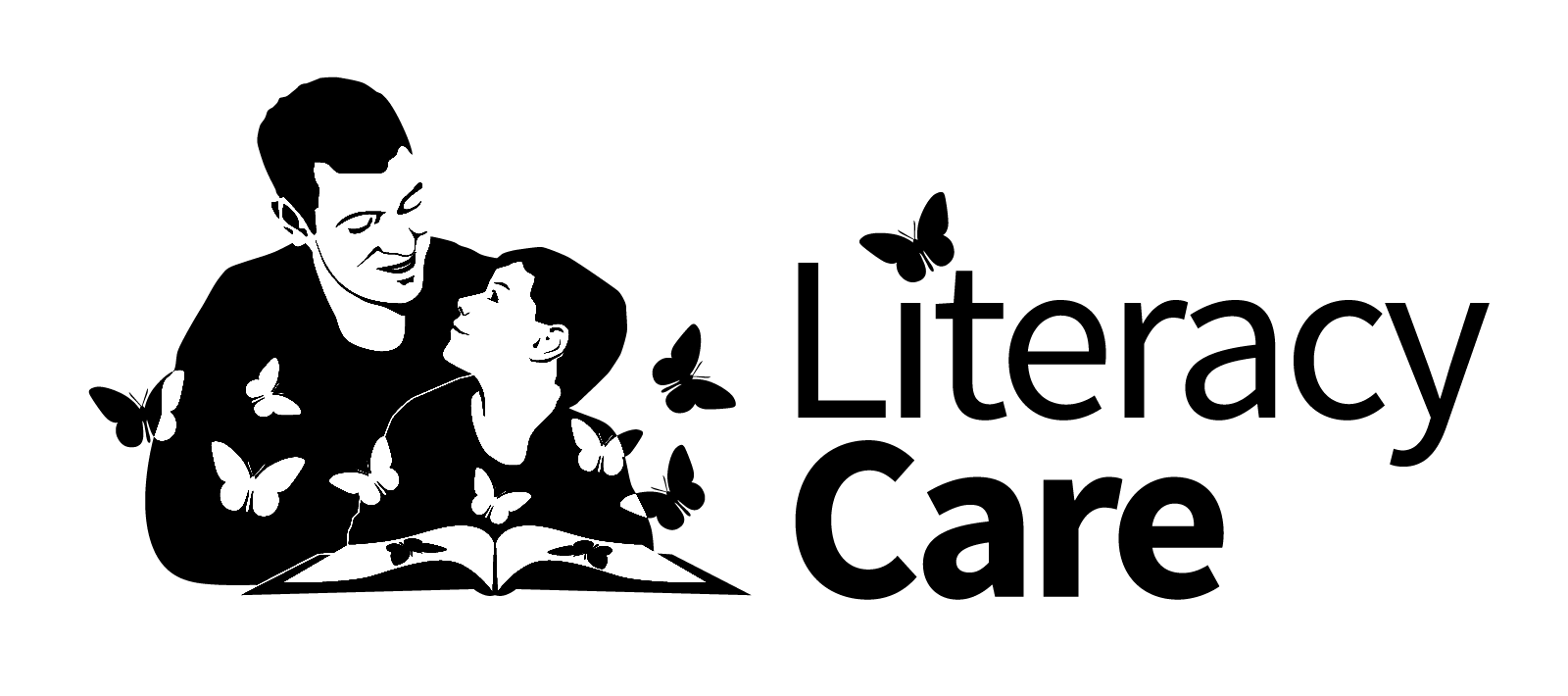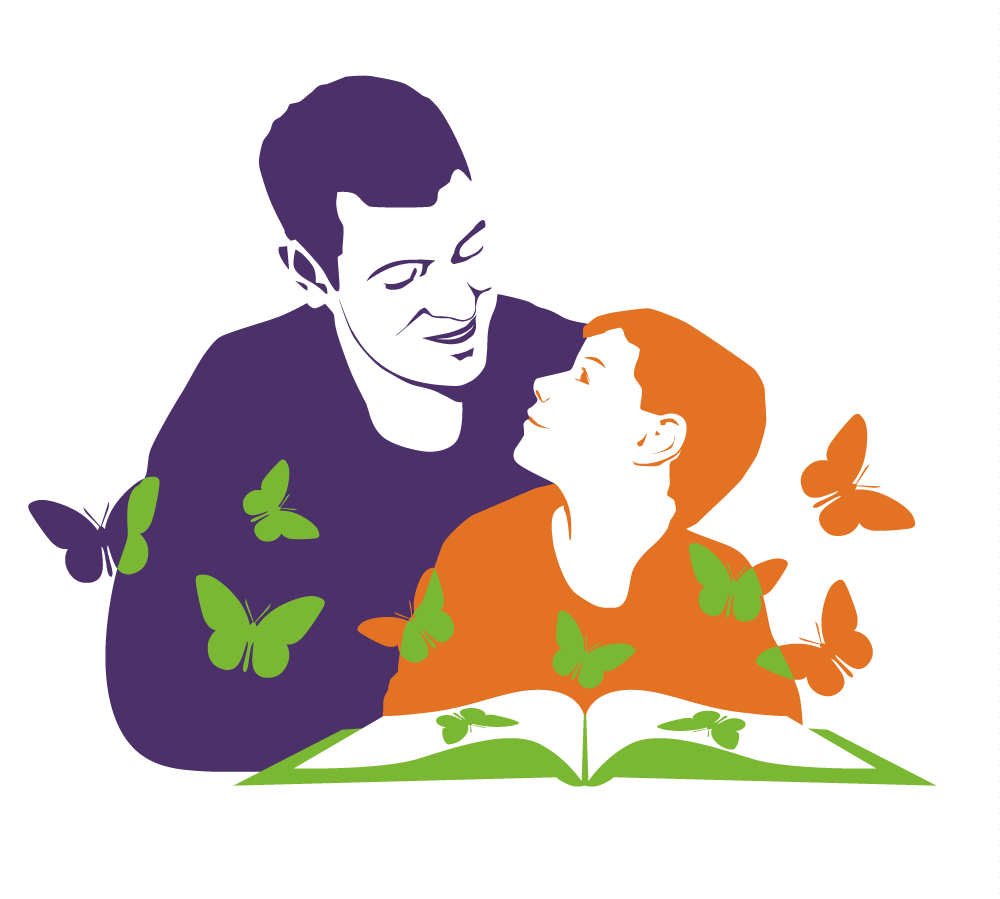The following resources and information are available to help you on your journey with literacy and learning challenges.
Books:
The following are some good books we recommend to read:
- Response to Intervention: A Framework for Reading Educators; Douglas Fuchs, Lynn Fuchs, Sharon Vaughen
- The Literacy Dictionary; Theodore Harris, Richard E Hodges
- The Annals of Dyslexia: An Interdisciplinary Journal of the International Dyslexia Association
- The Human Side of Dyslexia; Shirley Kurnoff
- Beginning to Read; Marilyn Jager Adams
- How to Teach Your Dyslexic Child to Read; Bernice H Baumer
- What Research Has to Say About Reading Instruction; Alan E Farstrup, S Jay Samuels
- The Learning Brain; Torkel Klingberg
- Development Disorders of Language, Learning and Cognition; Charles Hulme, Margaret J Snowling
- The Brain’s Way of Healing; Norman Doidge
- Dysxlexia: A Practitioner’s Handbook (4th Edition); Gavin Reid
- Helping Children Overcome Learning Difficulties; Jerome Rosner
- The Australian Dyslexia Learning Difference Handbook; edited by Jodi Clements
- Overcoming Dyslexia; Sally Shaywitz
Educational Resources:
Literacy Care chooses to use resources from SMARTKIDS Australia
Websites:
- Child Development Network: a Brisbane based network of private medical, psychology and educational professionals
- Cogmed: Working memory training
- Reading Rockets: Strategies, lessons, activities and ideas designed to help young children learn to read
- LD Online: The educator’s guide to learning disabilities and ADHD
- NCLD: National Centre for Learning Disabilities
Professional Bodies:
Literacy Care is a member of the following professional organizations:
- International Dyslexia Association
- British Dyslexia Association
- International Literacy Association
- Australian Dyslexia Association
Articles and Presentations
Click here to access a range of Articles and Presentations.
Dyslexia – Delay, Difficulties, Disability, Differences
Information on Dyslexia.
Scotopic Sensitivity Syndrome
What is SSS and how does it relate to Dyslexia and Reading?


